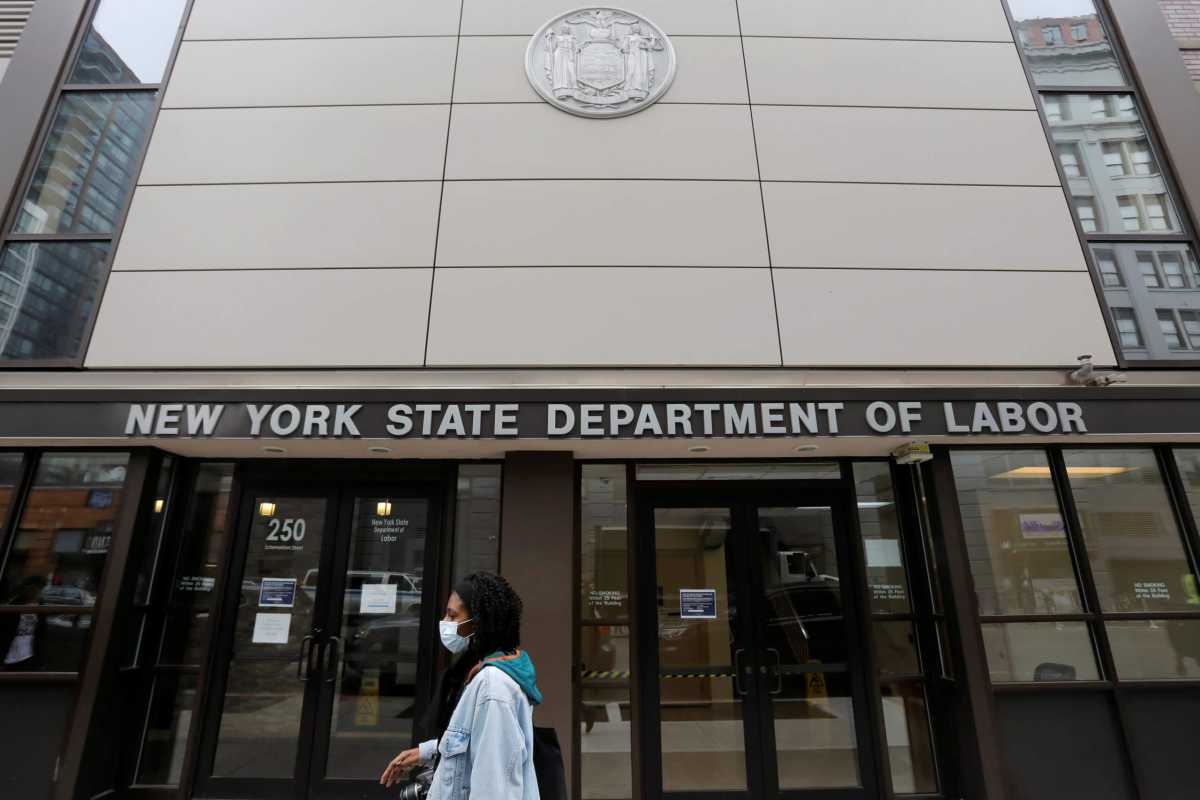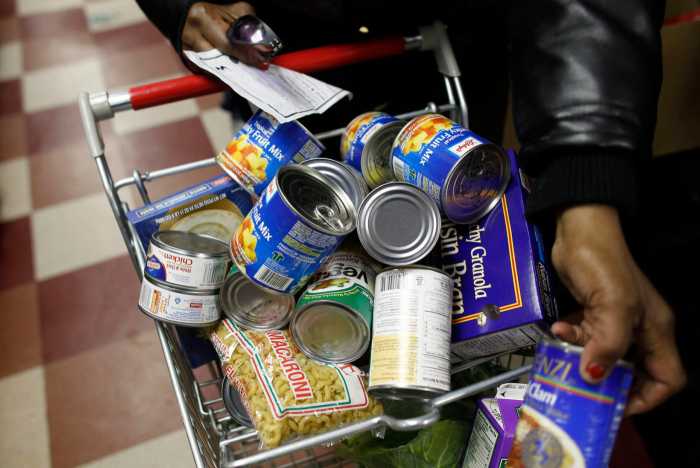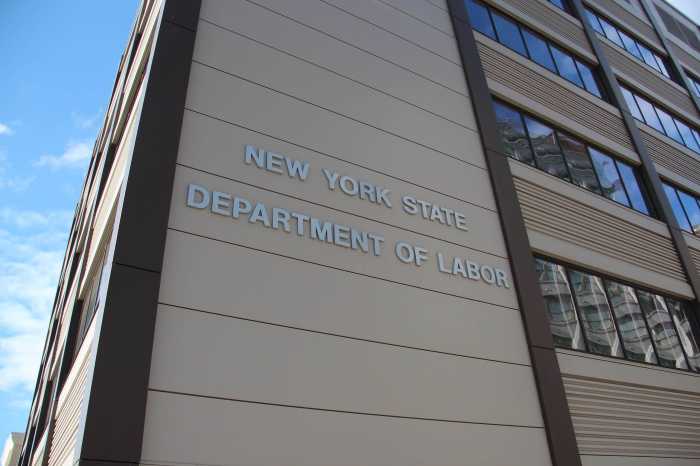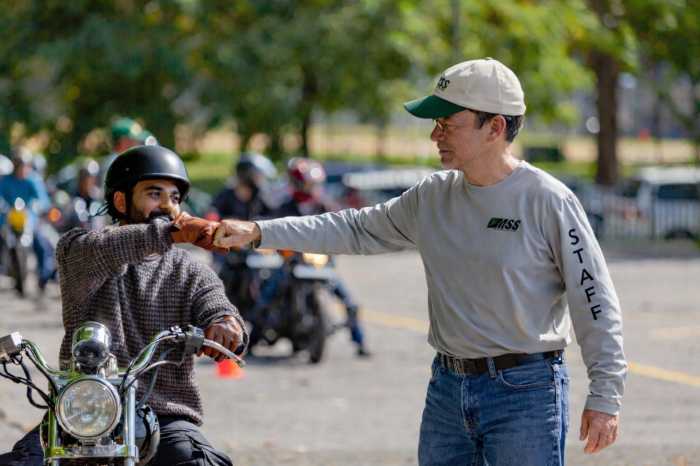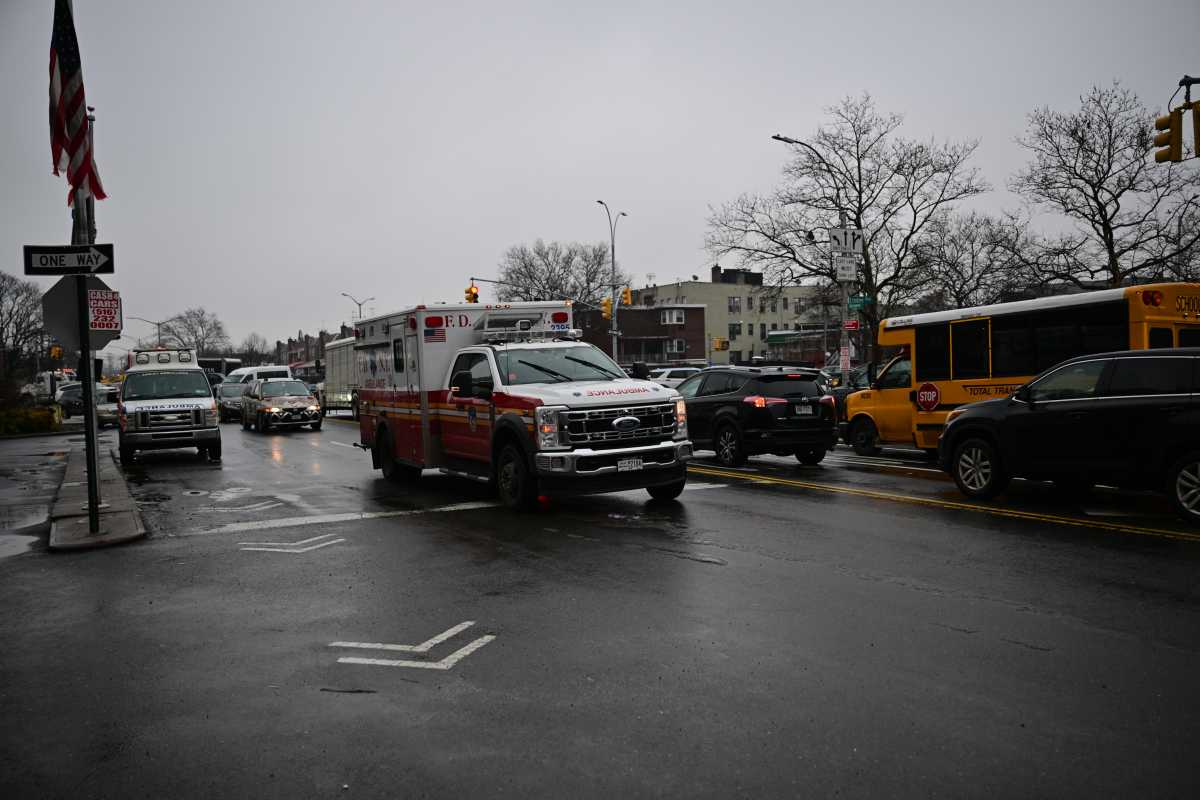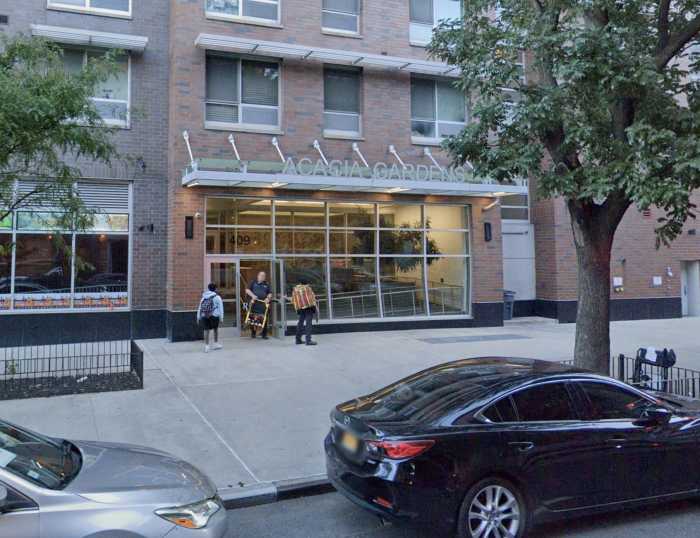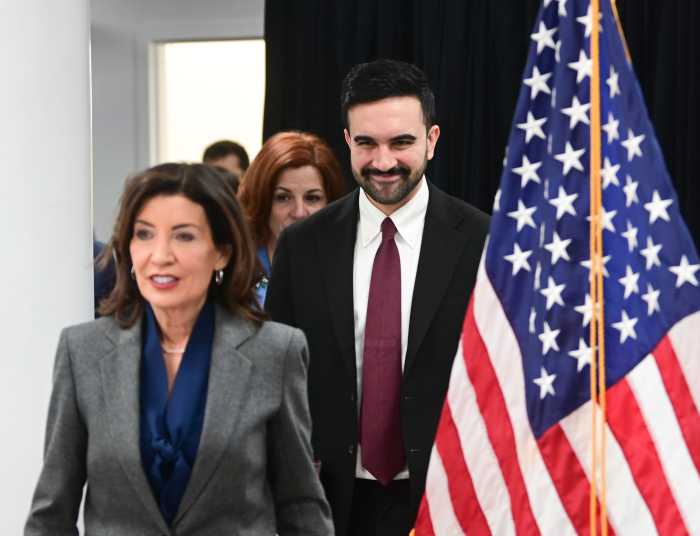As thousands of newly-unemployed workers face long delays in receiving financial benefits from the state, many Brooklynites have looked for assistance from elected leaders — and the politicos have stepped up to help scores of their constituents from across the borough.
“I waited almost 11 weeks,” said Bay Ridge resident Daphnee Salomon. “My debt was getting higher and higher, so when everything happened it was like Christmas, I was very happy.”
State Sen. Andrew Gounardes says over 1,000 Brooklynites have turned to his office since the beginning of the pandemic after which his staff began facilitating the process of tracking down financial lifelines from the state’s Department of Labor.
“We were able to help give them the right information immediately, shepherd them through the process and make sure they didn’t have any additional delays to receiving their benefits,” Gounardes said.
The southern Brooklyn legislator said the department was simply overwhelmed by the sheer number of people filing for unemployment benefits — as statistics show that more than 20 percent of New Yorkers are currently unemployed, according to June labor statistics.
“A lot of it was just that this system was not built to handle that kind of influx with cases,” Gounardes said. “The Department of Labor had to hire a lot more people to help process cases and review cases.”
Many applicants said that without the senator’s assistance, they were completely unable to get in touch with anyone at the Labor Department — and couldn’t even get a representative on the phone.
“The phone service from the Department of Labor was like nonexistent, you would try to get through — no answer,” said Peter Yannello, a Bay Ridge resident.
Salomon first applied for unemployment benefits on March 27 and did not receive any government assistance until a week after she reached out to Gounardes in early June.
“I had been waiting, waiting, waiting for ten weeks,” Salomon said. “I received a number for Sen. Gounardes…. I sent an email and they got right back to me.”
Yannello reached out to Gounardes after more than a month of hearing no word from the department, and said he was awestruck by how quickly the senator was able to use his influence to turn the increasingly-dire situation around.
“It was just amazing,” Yannello said. “I was really happy it happened so soon. Whatever initiative or pressure he put on, it worked in a couple of days.”
Gounardes wasn’t the only local lawmaker fielding constituents’ claims.
State Sen. Julia Salazar’s office similarly sifted through thousands of requests for assistance through the unemployment process, especially at the height of the pandemic during April and May.
“We have received, in total, thousands of requests from constituents over the past couple months seeking help with the unemployment process,” said Salazar, who represents parts of Williamsburg, Greenpoint, Bushwick and Cypress Hills. “The requests have slowed down now, but during the peak of the pandemic in April and May we were receiving hundreds of requests each day.”
Luckily, the legislators now suspect the Department of Labor is better equipped to handle a higher volume of calls after working out some of their flaws over the past few months.
“Ultimately, it comes down to technology and infrastructure,” Gounardes said. “Hopefully, now we learned our lesson and made the necessary adjustments, fix the system, fix the website, and fix the back end of the technology so this doesn’t happen again.”
The freshman senator stressed the importance of constituents knowing they can call on their elected representative for support through processes such as unemployment as they can offer an added level of advocacy on an applicant’s behalf.
“Whenever they have a problem, wherever they need assistance of any kind, they should call our office,” Gounardes said. “We will do everything we can to help them and if we can’t help them, we will try to figure out who can.”


